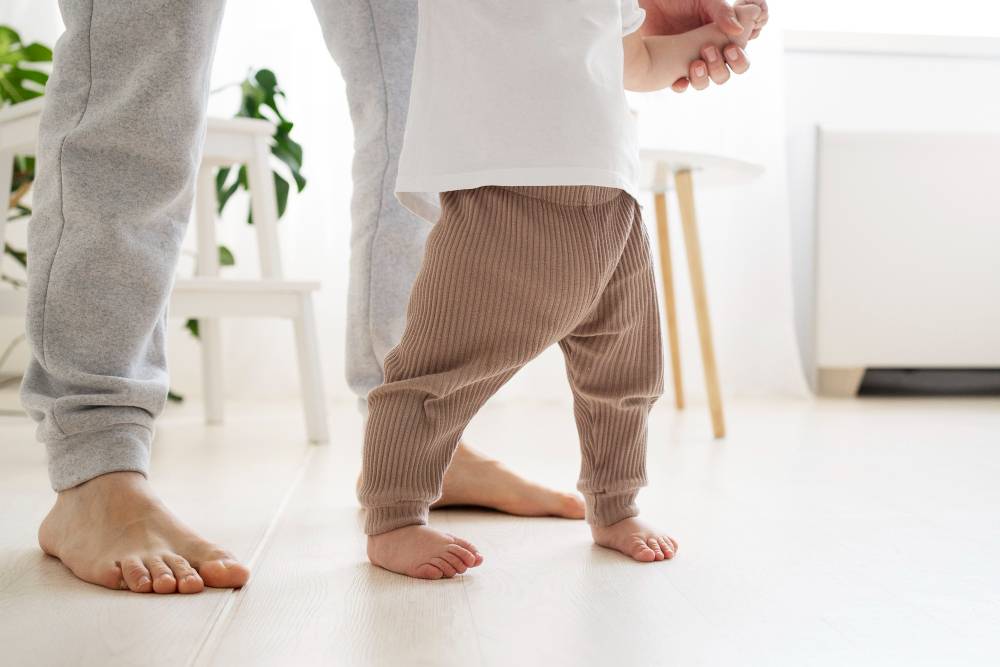Menu

Imagine holding your newborn for the first time with their tiny feet curled up in your hands. It’s a moment filled with joy, love, and a flood of emotions. But what if you noticed that their feet didn’t quite look the way you expected?

For some parents, that moment comes with the discovery of clubfoot, a condition where a baby’s foot is twisted out of shape. While this might sound alarming at first, the good news is that clubfoot is treatable. With the right care, children can grow up to walk, run, and play just like anyone else.
In this brief article brought to you by Mid Penn Foot & Ankle Specialists, we take a closer look at what clubfoot is, why it happens, and what treatments are available to help your child lead a normal, active life. If you’d rather consult a licensed podiatrist in Dillsburg, then contact Mid Penn to schedule an appointment.
Clubfoot is a congenital condition where one or both feet are twisted inward and downward. Instead of pointing straight ahead or resting flat on the ground, a clubfoot curves toward the body and the sole may face inward or upward. The condition is present at birth and can affect one or both feet. In fact, about half of the cases affect both feet, and boys are twice as likely as girls to have clubfoot.
We are committed to providing personalized, compassionate care for everyone who walks through our doors. If you’re ready to schedule an appointment with one of our doctors, give us a call or visit one of our locations today.
BOOK AN APPOINTMENTIt’s important to understand that the bones, muscles, and tendons in a clubfoot develop abnormally while the baby is still in the womb. This leads to the foot being shorter and stiffer than usual. While the condition is visible right after birth, it doesn’t cause any pain to the baby at that time. However, if left untreated, it can lead to long-term issues with walking and mobility.
One of the big questions parents often have is “Why did this happen?” While the exact cause of clubfoot is not always known, it is understood that genetics plays a significant role. If a parent or sibling has had clubfoot, there’s a higher chance that a newborn might have it too. In some cases, clubfoot can be associated with other conditions such as spina bifida, but it occurs without any other health issues in most instances.
There are generally two types of clubfoot:
While it can be scary to hear that your baby has a congenital condition, it’s reassuring to know that clubfoot is very treatable. The goal of treatment is to correct the position of the foot so that your child can walk comfortably and avoid future complications.
A competent foot doctor will curate a treatment plan based on the specific case, but common approaches include:
If you’d like to consult with a foot specialist in Gettysburg, then call Mid Penn Foot & Ankle Specialists to schedule a convenient appointment.
Whether you need a consultation, foot care, or sophisticated treatment, the specialists at Mid Penn Foot & Ankle Specialists are here to help. Call today to get in touch with a member of our team.
From the moment we step out of bed in the morning to the last stroll around the house…
Read MorePregnancy is an incredible journey, but let’s be real: it’s also tough on your body. From morning sickness…
Read MoreOur bodies are an intricate network of bones, muscles, tendons, and ligaments working together…
Read More